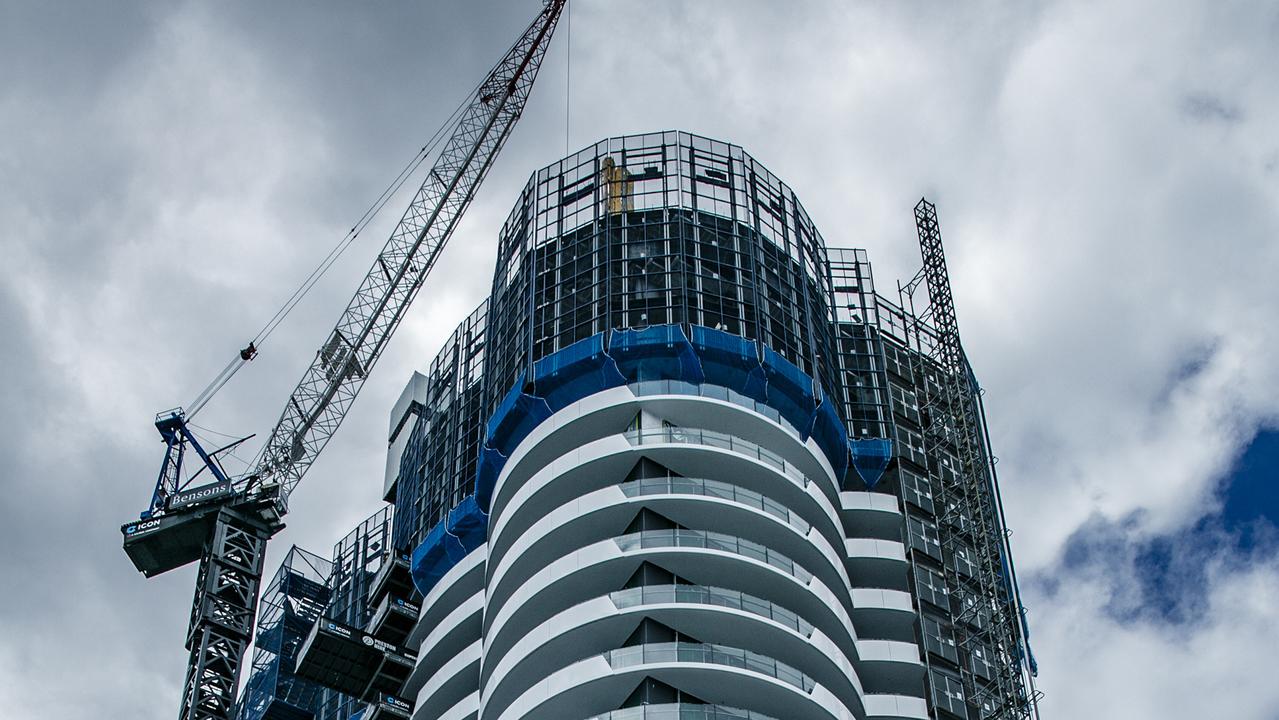Property sales collapse ‘inevitable’ but price falls may depend on government intervention
UBS economists expect the federal government would intervene in the event of a significant, extended housing price slump.

A collapse in residential property sale numbers is inevitable but the extent of price falls may be dependent on government intervention, according to UBS analysts.
While UBS did not explicitly predict how far prices might fall, a note to clients on Thursday said government intervention through measures such as stamp duty reduction would be likely if price falls become very significant and, potentially, a risk to macro-stability.
Meanwhile, the federal government’s ban on public auctions and open homes to limit the spread of COVID-19, when combined with broader economic pressures, will have an increasingly lasting impact on sale volumes the longer the outbreak drags on, the analysts led by George Tharenou said.
“Looking forward, we expect existing home sales volumes will collapse – likely more than halving near-term – as long as the ban on auctions and open home inspections remains (which seems likely to persist for months),” the analysts said.
“We also revise our forecast for home prices to start falling, given the hit to demand from the looming sharp recession and spike in unemployment. The extent and duration of prices falls is very uncertain, but lenders offering deferred mortgage repayments (for six months) is critical in helping to minimise ‘forced selling’.”
Economists elsewhere have offered a wide range of forecasts for the effect of COVID-19 on the residential market, tipping falls in property prices of between 5 per cent and 20 per cent as a looming recession, a spike in job losses and continued sharemarket falls dent confidence.
A slowdown in the house price growth was evident in Wednesday’s monthly values data from property researcher CoreLogic, with national gains of 0.7 per cent reported through March. Sydney and Melbourne each slowed down by more than half of a percentage month-on-month, recording growth of 1.1 per cent and 0.4 per cent respectively.
UBS noted policy options available to the federal government in the event of an extended price slump would include: expanding or extending the First Home Buyer Lending Deposit Scheme to help overcome the ‘deposit gap’, cash payments for home purchases similar to the first home buyers grant or temporary reductions in state government charges, especially stamp duty and land tax.
The number of new home sales over the past 12 months rose around 10 per cent year to reach its strongest level since 2014. But with a recent ANZ/Roy-Morgan poll of consumer confidence showing sentiment had collapsed by about 40 per cent to its lowest point on record, CoreLogic’s head of residential research, Eliza Owen on Wednesday said a sharp decline in buyer and seller activity was on the horizon.
“What indicators we do have are showing a sharp decline in market activity and given that unemployment is anticipated to rise quite significantly, it could be a longer recovery than we expected,” Ms Owen said.
“I think the other thing is that it’s (the outbreak timeline) an unknown. No one really knows whether this is going to last six months or 12 months, so it is hard to say to what extent the market will be impacted. But certainly, we expect declines in buyer and seller activity, listing activity and sales.”



